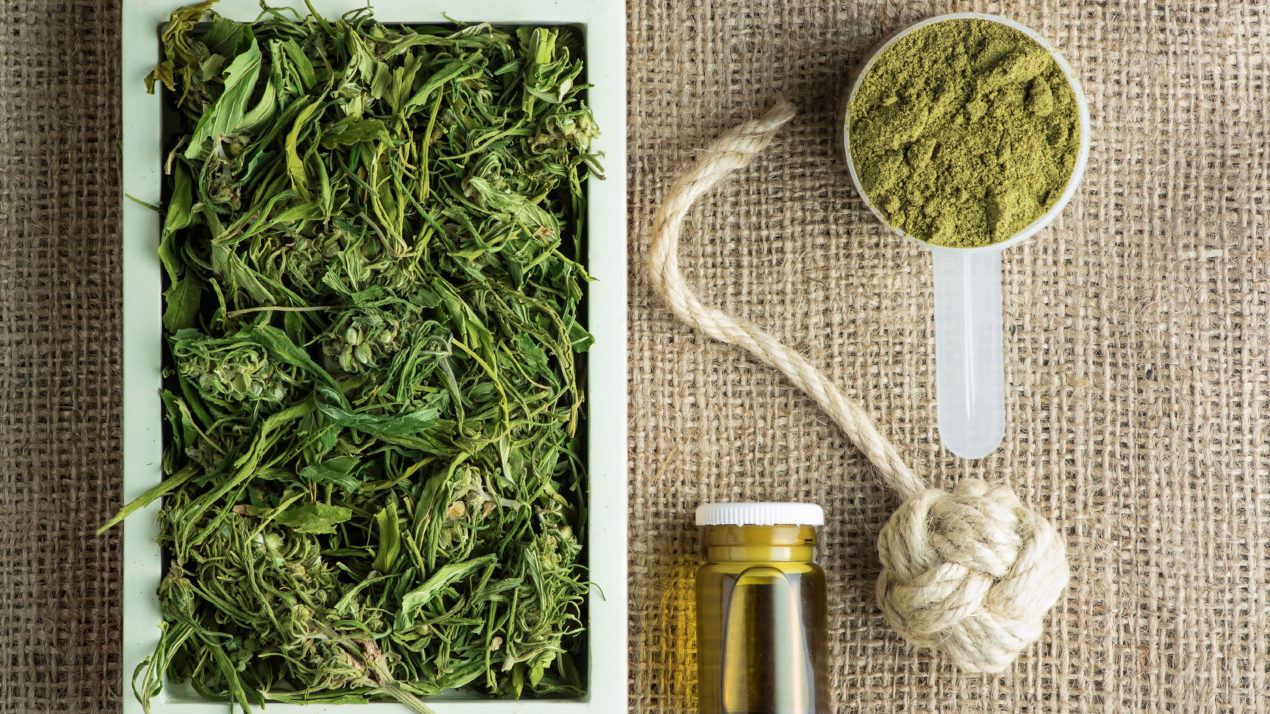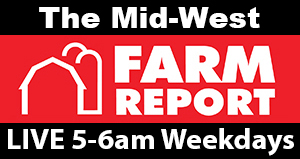
Industrial hemp licensing applications are now available for Wisconsin’s research pilot program, and the Department of Agriculture, Trade and Consumer Protection will begin accepting applications immediately. The deadline to apply for the 2018 growing season is May 1.
People who want to grow or process industrial hemp in Wisconsin will need to apply for a license, and at the same time, register their intentions to grow or process hemp in the state this year. They can do both online, or download printable forms, at datcp.wi.gov.
“We know that many Wisconsin farmers see a great opportunity here,” said Brian Kuhn, director of the department’s Bureau of Plant Industry. “As we’ve been telling them all along, they need to remember that this is a research pilot program. Growers really need to know before planting that they have a licensed processor in position to accept their crop. They need to be aware of all the federal, state and local laws that might apply, and they need to talk to their lenders before they order seed.”
Congress included a provision in the 2014 farm bill to allow states to conduct research pilot programs into industrial hemp production, if authorized by their legislatures. The Wisconsin Legislature passed a law in November that directed DATCP to write an emergency administrative rule in 90 days. The rule sets up the regulatory framework for the pilot program.
That rule, called ATCP 22, is now finished and is effective March 2. The industrial hemp program it creates is based largely on those in the 31 other states with programs.
The law, as passed by the Legislature and signed by the Governor, requires that growers and processors pass a background check to show that the licensee has no state or federal drug convictions. Growers will pay a one-time licensing fee of $150 to $1,000, depending on how many acres they intend to plant. Processors will also need a one-time license, at no cost. Both will have to register with DATCP this year, and annually to remain in the program, with growers paying a $350 annual fee and processors, a $100 annual fee.
DATCP inspectors will sample plants from each field and variety grown, and take them to the department’s laboratory for analysis. The plants can contain no more than 0.3 percent THC. Growers will have reporting and recordkeeping requirements, and will be required to enter into a research agreement with DATCP.
Industrial hemp was a major crop in Wisconsin in the first half of the 20th Century, mainly harvested for its fiber to make rope. Hemp products today are very diverse, and are available in the United States, but have been largely made from hemp produced in other nations.
